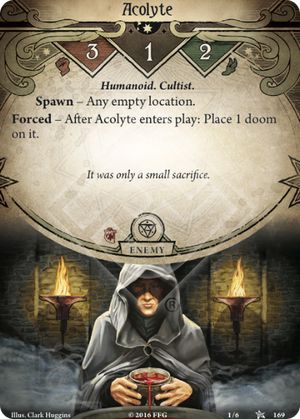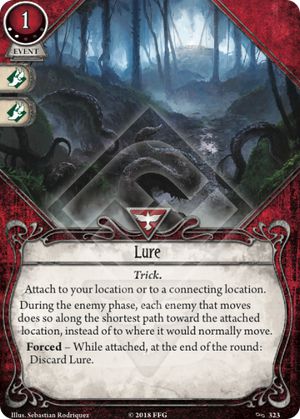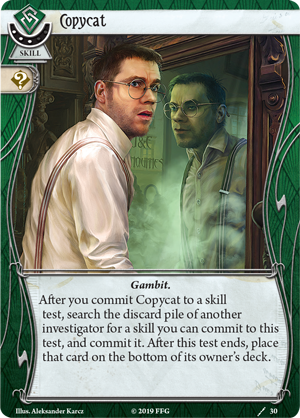
This is a solid little card for healing horror. Yes, it only heals one horror, it won’t have a big impact on the game, but healing one horror for only one card is very efficient. Not every card in your deck can be a powerful card that costs actions and resources, you need some cheap ones too. The one Will icon may not look like much, but the point of this card is that it does something that normally costs significant resources (healing), and does it with very little cost – few other cards are as efficient as spending 1 card, 0 actions, 0 resources, and 0 xp, per point of healing.
This is by no means a card you must include in your deck. It is simply a solid option to consider if you decide that your character needs a little bit of horror healing.
Usually you can hold off on using Fearless until you get a test where multiple chaos tokens would become successes with the +1, making the test likely to pass, and gaining a noticeable benefit from the skill icon on top of the horror healing.



